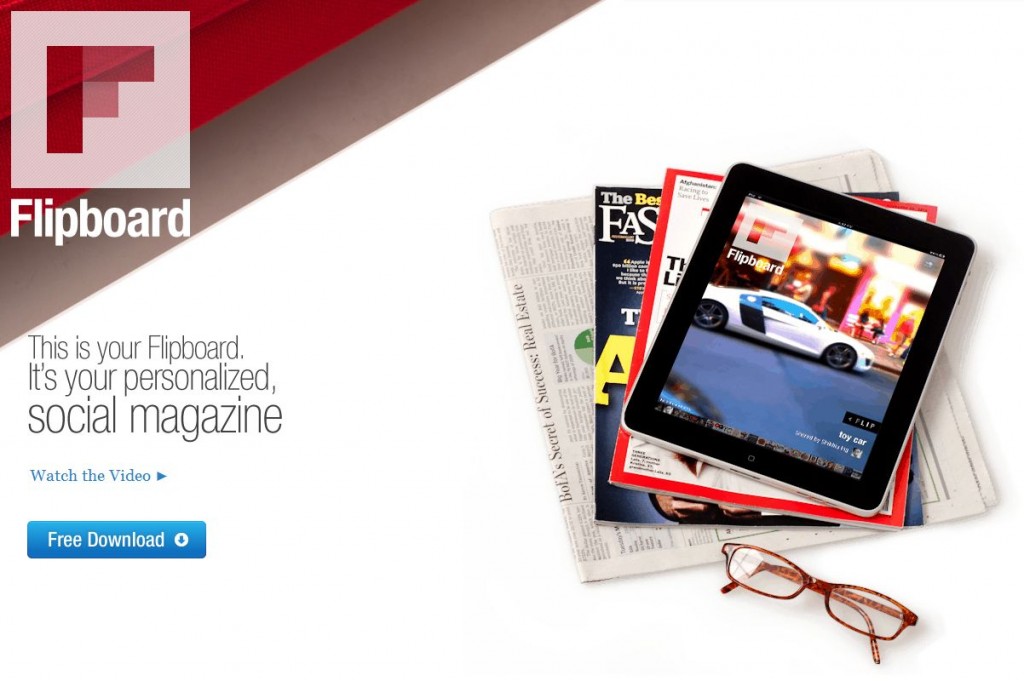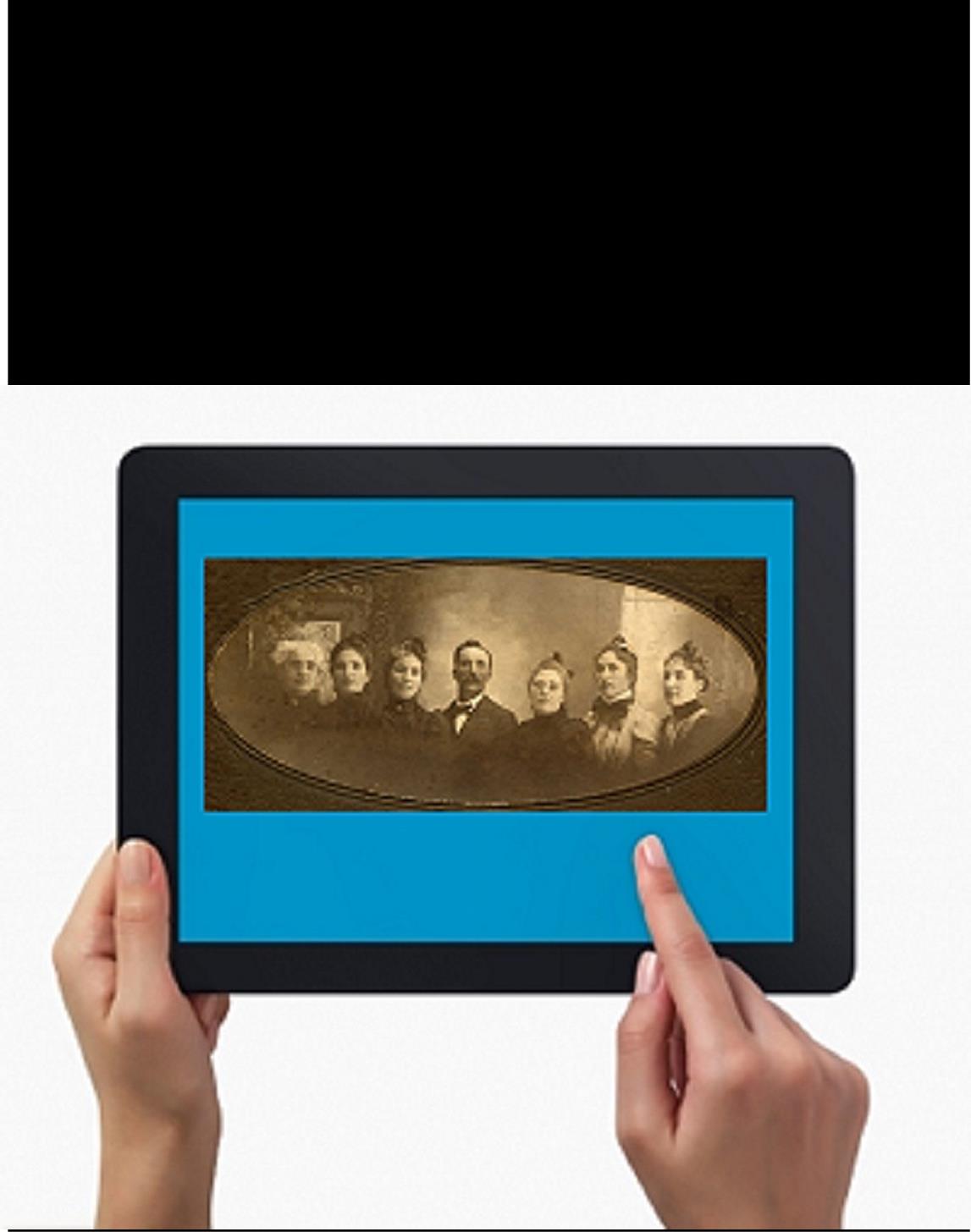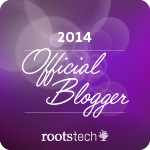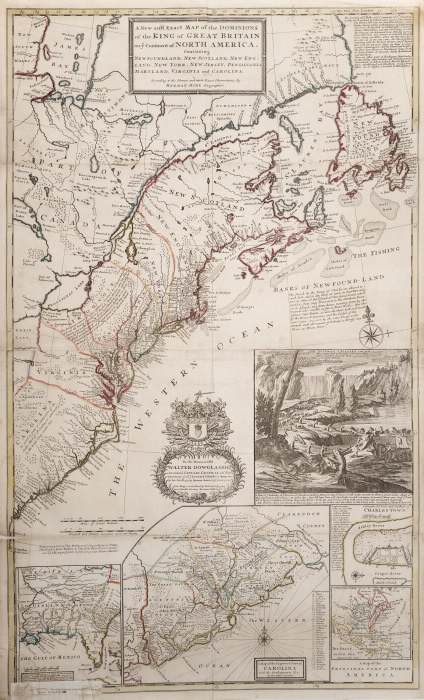Blog

The Cool New Technology that Just Got Better with Genealogy


Originally designed specifically for the iPad in 2010, the free Flipboard app has moved onto all the major mobile platforms. And this cool new technology has just gotten better with a big dose of genealogy!
I invite you to explore the newly released free Flipboard magazine RootsTech 2014: Where Genealogy and Technology Converge. (Image right: cover)
Genealogy Gems has published the magazine in conjunction with the RootsTech program team in a continuing effort to help family historians embrace new technologies and present RootsTech attendees with the possibilities.
Consider what’s been happening in the mobile space this last year:
- Smartphone usage in the U.S. increased by 50 percent (Kleiner Perkins)
- The number of emails being opened on mobile increased by 330 percent (Litmus)
- Tablet usage doubled in the U.S. (Pew Research Center)
The bottom line: More than ever folks are accessing websites, videos, podcasts, blogs and other online information on their mobile devices. That’s where the free Flipboard app comes in.
The free Flipboard app is a social-network and online aggregator of web content and RSS channels for Android, Blackberry 10, iOS, Windows 8, and Windows Phone 8. Content is presented in a captivating magazine format allowing users to “flip” through it with a simple swipe of the finger.
As a genealogy new media content creator and publisher, we’re excited to introduce a creative use of this emerging technology to the genealogy industry. RootsTech 2014: Where Genealogy and Technology Converge is a free magazine available at http://tinyurl.com/RootsTech2014. The magazine pulls together great web content from RootsTech speakers, exhibitors, and official bloggers in one beautiful and convenient place.
This magazine has presented an opportunity to crowd-source the know-how and talent of all of those who work to make RootsTech a success. The magazine offers an exciting look at the RootsTech experience the innovative technologies emerging in the genealogy industry, and a new vehicle for everyone in the RootsTech community to converge! The pages go beyond text and images by also delivering video and audio!
How to Access the Magazine in Flipboard:
- Get the free Flipboard app at flipboard.com, in iTunes or Google Play.
- Set up for your free account
- In the search box at the top of the homepage, search for ROOTSTECH
- Tap “RootsTech 2014” by Lisa Louise Cooke (you’ll see a magazine icon next to it.)
- When the magazine loads, tap the SUBSCRIBE icon at the top of the page
- Starting at the right hand side of the page, swipe your finger from right to left over each page to “flip!”
Looking for more great genealogy themed Flipboard magazines? Check out two more new issues from Lisa Louise Cooke:
- Using Newspaper for Genealogy and Family History
- Using Historic Maps for Genealogy and Family History
Stay tuned to the Genealogy Gems Blog and Podcast for Lisa’s upcoming exclusive interview with the folks at Flipboard!

RootsTech 2014 Keynote Speakers Announced
The all-star lineup of keynote speakers has been announced for RootsTech 2014. They will inspire everyone to discover and share the stories that connect our families-past, present, and future.
Ree Drummond, blogger and author, The Pioneer Woman
Ree is an award-winning blogger and New York Times bestselling author. Her popular website, The Pioneer Woman, was founded in 2006 and showcases her cooking, photography, and stories about country life.
Annelies van den Belt, CEO, DC Thompson Family History – Annelies is changing the way digital genealogical records are published and organized. Her company hosts 1.8 billion genealogical records across a family of online brands.
Judy Russell, blogger and professional genealogist, The Legal Genealogist – Judy is a certified genealogist with a law degree who enjoys helping others understand the interplay between genealogy and the law. She blogs and maintains The Legal Genealogist website.
Dr. Spencer Wells, project director, National Geographic Genographic Project – The indiana Jones of genetics, Dr. Wells has traveled the world and captured the DNA of more than a half-million people to tell the story of the human journey.
Todd Hansen, TV host, The Story Trek – Behind every door there is a story. This TV series consists of random door-to-door interviews to discover who lives behind those doors and their real stories.
Stephanie Nielsen, blogger and author, NieNie Dialogues – Stephanie’s story of survival and recovery after a plane crash captured the hearts of the nation. She has inspired others through interviews with Oprah Winfrey and on the Today Show.
 The fourth annual RootsTech conference, hosted by FamilySearch, will be held February 6-8, 2014 at the Salt Palace in Salt Lake City, Utah. In addition to renowned keynote speakers, the conference features over 200 classes, hundreds of booths in a huge Expo Hall, and evening events.
The fourth annual RootsTech conference, hosted by FamilySearch, will be held February 6-8, 2014 at the Salt Palace in Salt Lake City, Utah. In addition to renowned keynote speakers, the conference features over 200 classes, hundreds of booths in a huge Expo Hall, and evening events.

Digitizing Colonial America: Help Is On The Way for Your Colonial Genealogy
If you’ve got British colonial roots in North America, you know how tough it can be to learn more about your family during that time. That’s why I was excited to read a

The Beaver Map, 1715. By Special Collections Toronto Public Library. Flickr, via Wikimedia Commons.
recent article in the Harvard Gazette.
According to the article, plans are afoot to digitize and make available millions of British colonial documents. Yep, you read that right. Millions. There are still that many colonial-era documents sitting largely untouched in public and private archives, far from the reach of the everyday genealogist.
The Gazette reports not one but two major digitizing projects underway relating to British colonial documents in the U.S. Harvard University is leading the first project, which is already funded and underway. It will capture around 30 million pages of 17th- and 18th-century material from more than 1600 manuscript collections at 12 different Harvard repositories.
As if that’s not good enough news, a much larger project is in the works, too. A larger-scale Colonial Archives of North America has plans to digitally assemble pre-Revolutionary War material from Harvard and several historical societies, archives and Libraries in New England, New York and beyond (including Montreal). I was pleased to see that records relating to businesses, poverty, public health and indigent care will form part of the anticipated collection. These kinds of documents talk about everyday folks and their living conditions. Just what we want for our colonial genealogy. This second project is not funded yet but researchers are confident it will be.
Meanwhile, check out online resources like these for colonial documents:
- Library of Congress’ online resources for Colonial and Early America;
- The John Carter Brown Library’s digital Archive of Early American Images;
- Colonial Williamsburg’s Digital Library; and
- Cornell University Library’s Windows on the Past digital collection.




